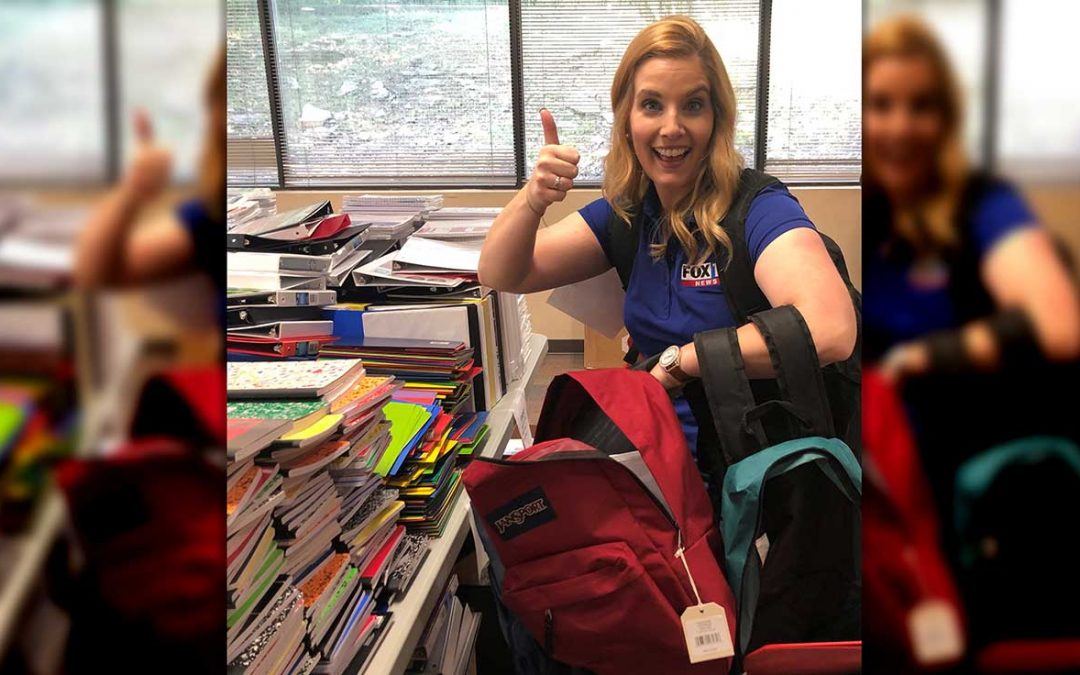Youth Villages storiesMEMPHIS, Tenn. (Sept 25, 2020) – Youth Villages CEO Patrick Lawler received the National Jefferson Award for Outstanding Public Service Benefiting the Disadvantaged, joining actress Kristen Bell and TOMS Corporation in a virtual award ceremony....
Blog Articles
Finding Independence: Chris’s Story
Every year, the Youth Villages LifeSet program helps more than 4,000 young people across the county navigate challenges as they reach adulthood. These young people are resilient and capable…
Bipartisan bill introduced to fund relief for transition-age youth
Ary and other LifeSet participants shared their COVID-19 experiences with congressional representatives to advocate for targeted relief for older foster youth during the crisis and its recovery.

Honoring Two National Board Members
We are honored to recognize two members of Youth Villages’ national board of directors, retiring from national board governance this past June.
Father weathers the storm of turmoil to grow closer to children
Juan’s responsibilities were too much. Left to care for three children after their mother left the family and discontinued visitation, he needed support.

July is Minority Mental Health Awareness Month
Every day, millions of Americans face the reality of living with a mental health condition. In many communities, these problems are increased by less access to care, cultural stigma and lower quality care. Anyone can experience the challenges of mental illness regardless of their background. But, one’s cultural background or identity can make access to mental health treatment much more difficult. July is National Minority Mental Health Awareness Month, and Youth Villages Clinical Consultant Brittany Jones discusses the unique challenges facing minority groups when it comes to their mental health.

Red Kite Society inducts two new members
This year Youth Villages of Middle Tennessee will induct two new members into the Red Kite Society; The Joe C. Davis Foundation and the Marlene and Spencer Hays Foundation. The Joe C. Davis Foundation has been a longtime supporter of the LifeSet program and has provided hundreds of young people with basic necessities and other resources to be successful.

Middle Tennessee Volunteer Spotlight
When COVID-19 forced everyone to make dramatic changes and in-person activities were suspended, Youth Villages’ volunteers remained committed to helping in any way they could. With the help of our established Friend In Need volunteer group, former Backpack Heroes and Holiday Heroes, and current group home volunteers, staff was able to immediately jump into action.

Graduation and LifeSet Spotlight
This year, a record number of 117 Middle Tennessee young men and women in Youth Villages’ LifeSet program graduated from either high school or college. This is a 30-graduate increase over last year! One shining example of the youth who have graduated is Hailey B.
Middle Tennessee COVID-19 Updates
COVID-19 forced Youth Villages to make quick changes to programming in early March, but we’re continuing to meet the needs of our group home residents, children, families and young people during the pandemic.
